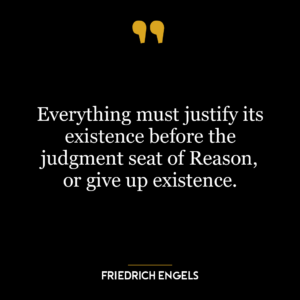This quote underscores the delicate balance between freedom and security. The desire for security should not lead to the compromise of one’s freedom. It suggests that when people are willing to surrender their freedoms for the promise of feeling secure or safe, they are likely to end up losing both. This is because the relinquishment of freedom often leads to the abuse of power by those who are given that authority, thereby leading to a lack of both freedom and security.
The quote can be seen as a warning against the dangers of an overly controlling government or authority, where citizens may feel safe but are, in reality, oppressed. It also highlights the value of personal freedoms and the need to protect them, even when faced with fear or uncertainty.
In today’s world, this idea is often discussed in the context of privacy and surveillance. With the rise of digital technology and data collection, there’s a growing debate about the trade-off between personal privacy (a form of freedom) and national or personal security. For example, governments and companies may argue that tracking and collecting personal data helps in providing better security. However, this can also lead to privacy breaches and misuse of personal information, leading to a loss of both freedom (privacy) and security.
In terms of personal development, this quote can be interpreted as a reminder to not compromise our personal freedom for the illusion of security. This could mean not staying in a restrictive job or relationship simply because it feels safe or comfortable. In doing so, one might lose their freedom to grow, learn and explore new opportunities, and ultimately, the sense of security that comes from being true to oneself. This perspective encourages taking risks and embracing uncertainty as essential parts of personal growth and freedom.













